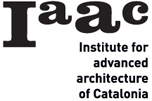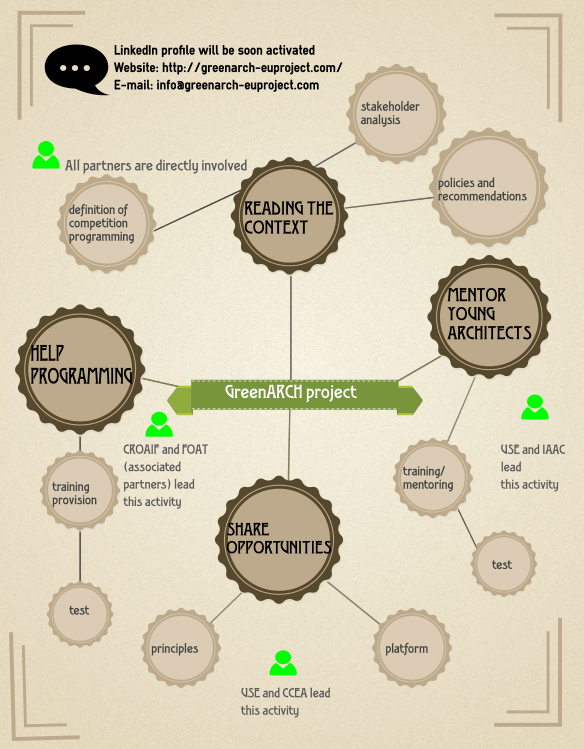Partners and FOAT met for the second time on the 9th and 10th of October 2014 in Prague, hosted by CCEA.
During the first day, after a short wrap up of the previous meeting, partners start discussing contexts in which competition programming develop. During the discussion, the partnership achieved three important shared definitions:
- YOUNG = not only in age but also in experience and in accessing the competition market (e.g. SMEs have less chance to compete)
- GREEN = effective and sustainable throughout the entire life cycle
- COMPETITION = in Europe we have a common framework which is the new EU directive on public procurement (2014/24/EU). This might help understand what we are talking about in terms of public competition, then the private competitions work around the law.
To support the debate, Walter Menteth, part of the USE group, gave a very interesting and useful presentation on the current situation of competitions in Britain and in Europe, stressing the importance of EU networking as a tool to reform the competition system.
Its presentation provided inputs to the discussion around the idea that Architects working together might enhance competition practices to improve access, opportunity, societal engagement, improve quality, reduce waste increase sustainability and support growth.
Partners were involved also in a field trip through the city, guided by Arch. Petr Lesek, former chair of the Working Group for the Competitions at the Czech Chamber of Architects, founding architect of the studio Projektil, which is the author of the competition-winning project for National Technical Library.
During the second day, partners shared their expectations out of the meeting. In particular, USE and IAAC expected to define the role of the “programmer” as a facilitator/mentor to help young architects and create a platform to share knowledge. CROAIF would like to train programmers who are not only experienced in architecture design but also have a background in other domains (e.g. sociology, economy, etc.). CCEA expected that the project would help to share information and knowledge regarding competitions in Europe.
Starting from this, next tasks to carry on project activities were decided, focusing on 4 main work packages:
- Context: define competitions and how they work;
- Programming: define a pilot training course for competition programmers;
- Young architects mentoring: define a mentoring programme for young architects to help them optimize their resources when trying to participate to a competition;
- Share opportunities: define what kind of content/form should have a possible platform to share opportunities regarding competitions at Eu level.


